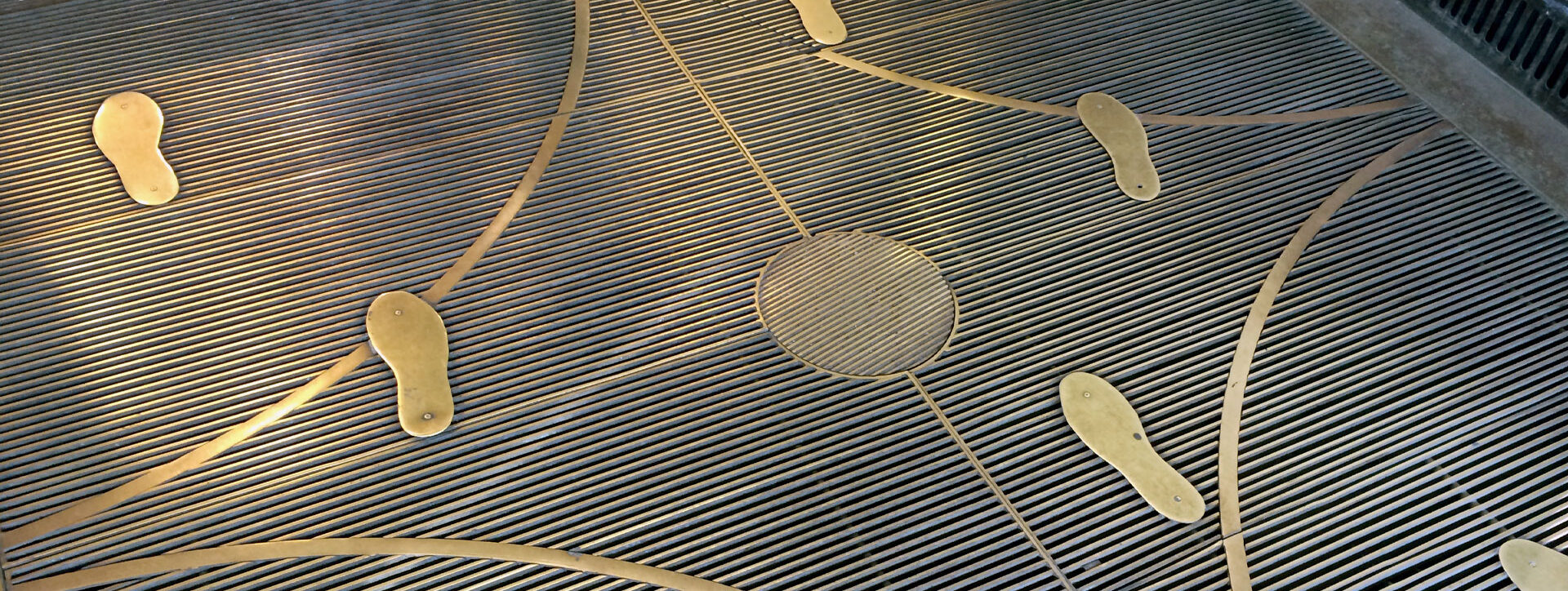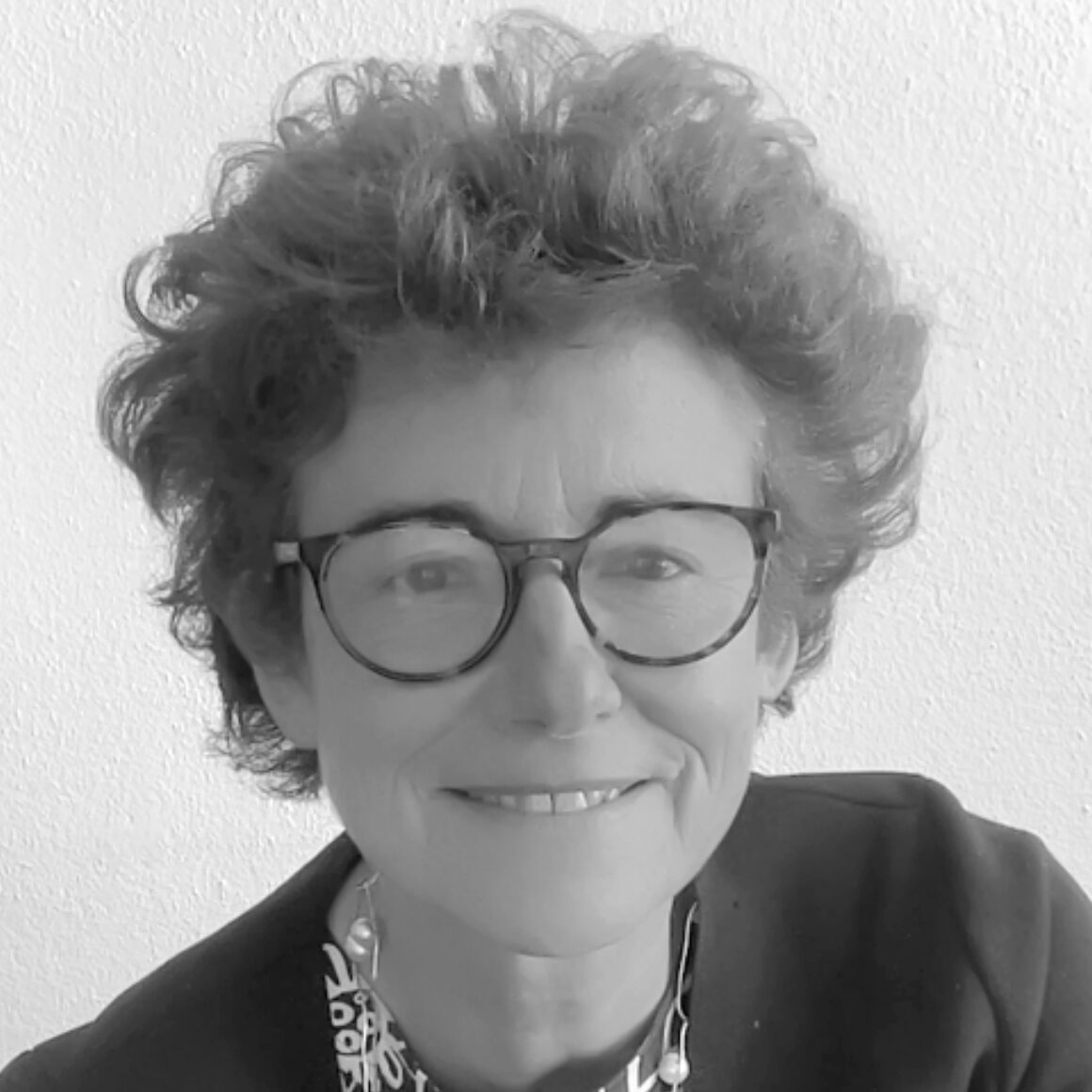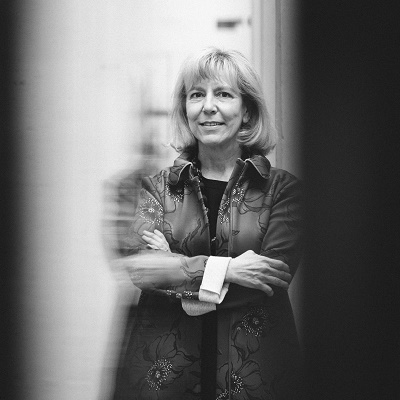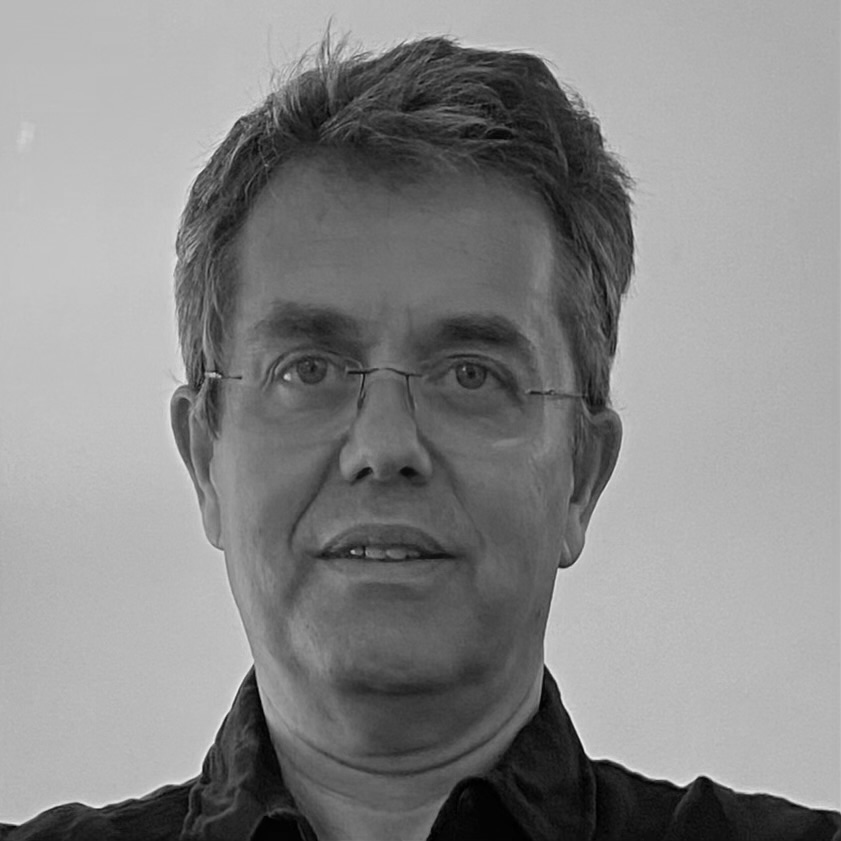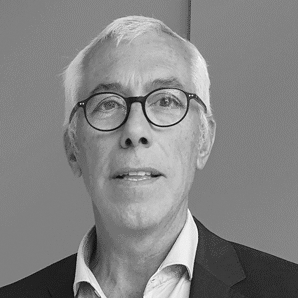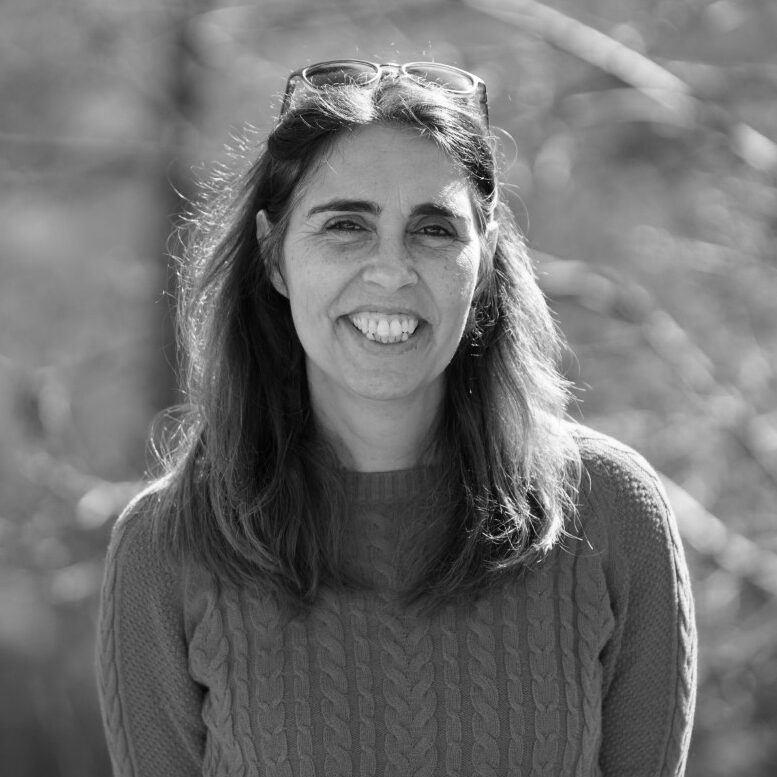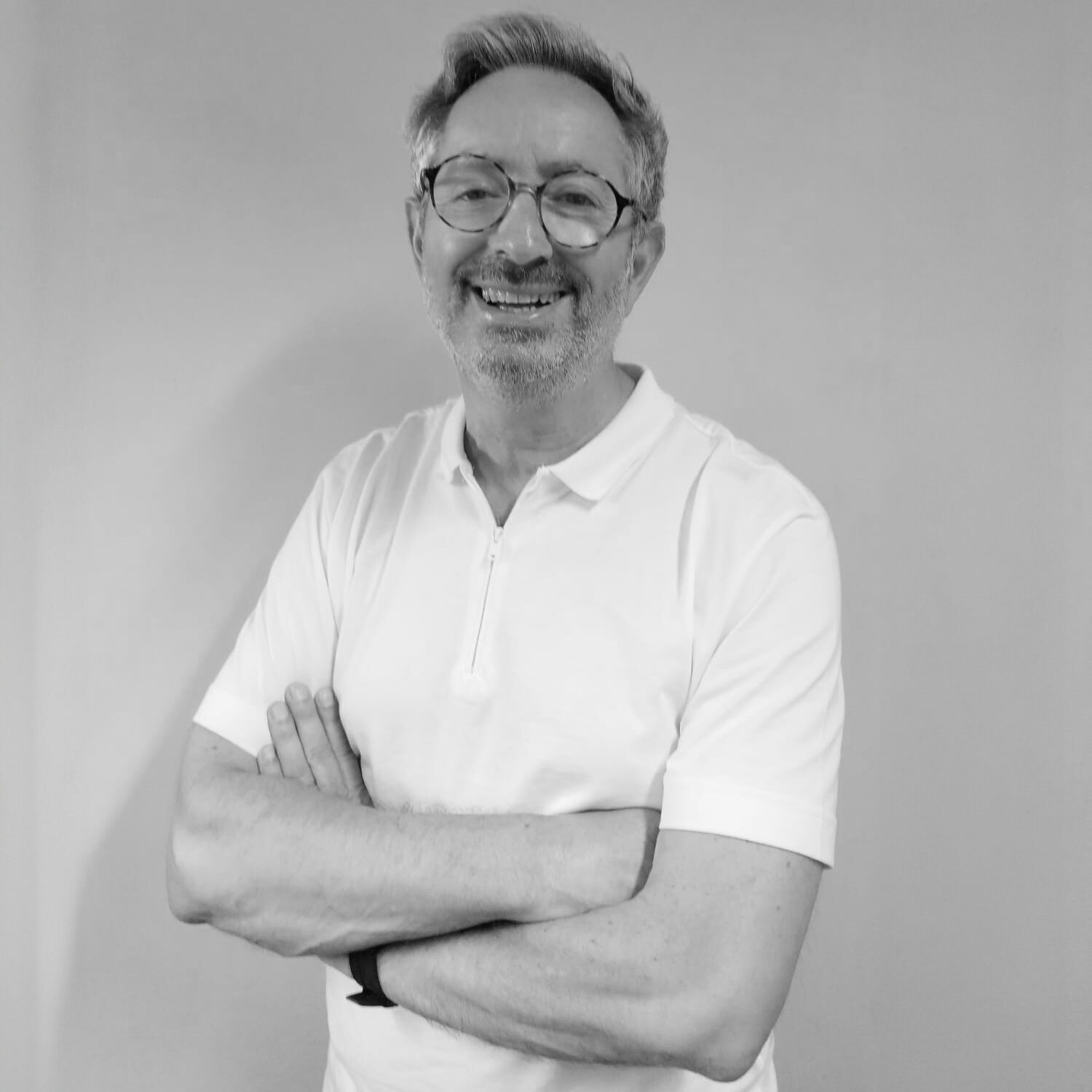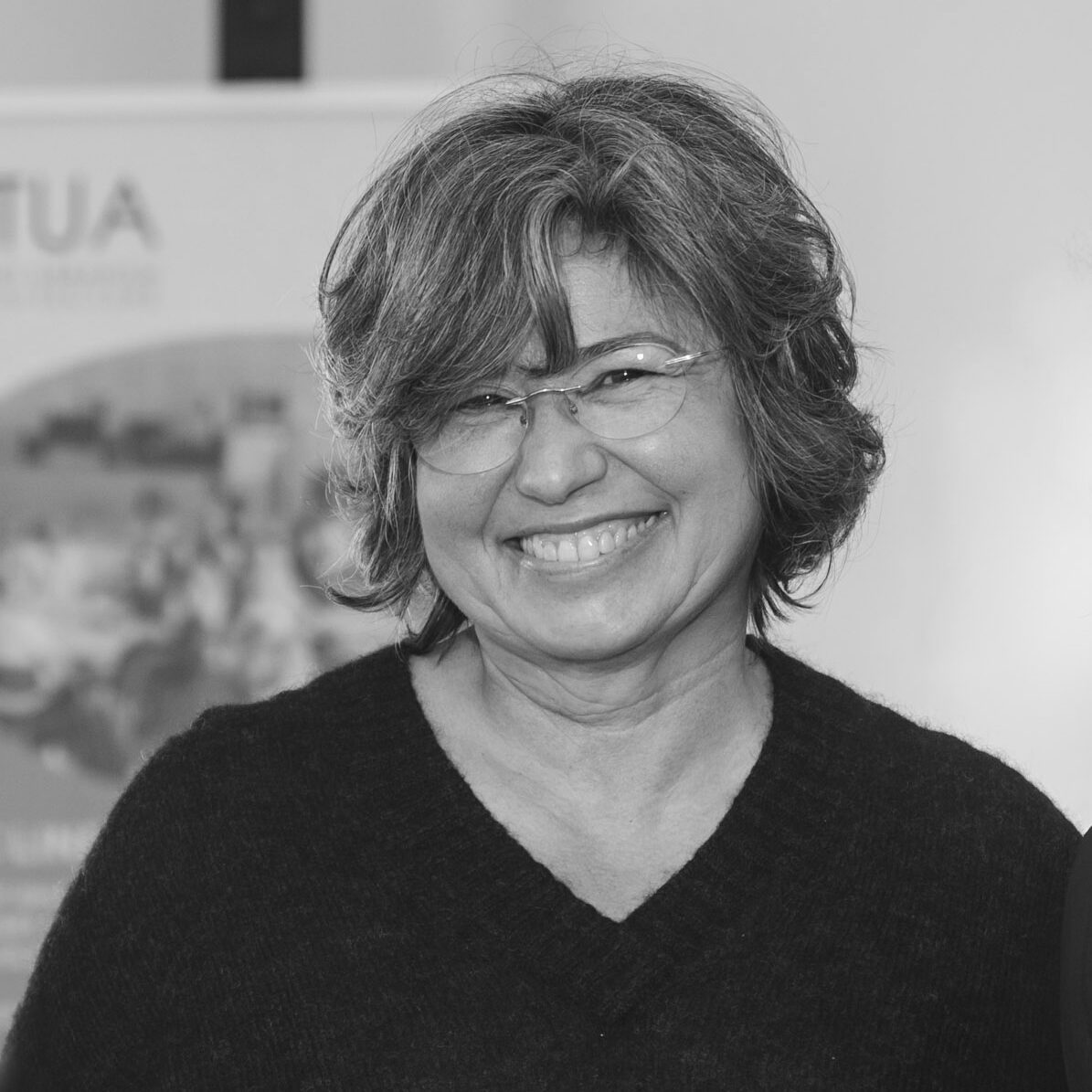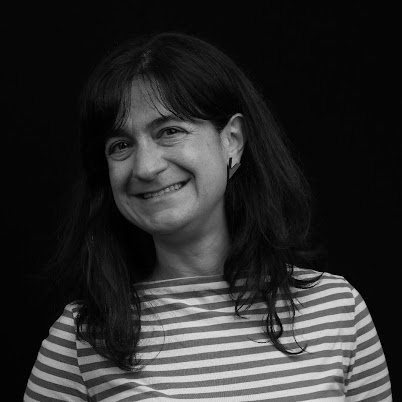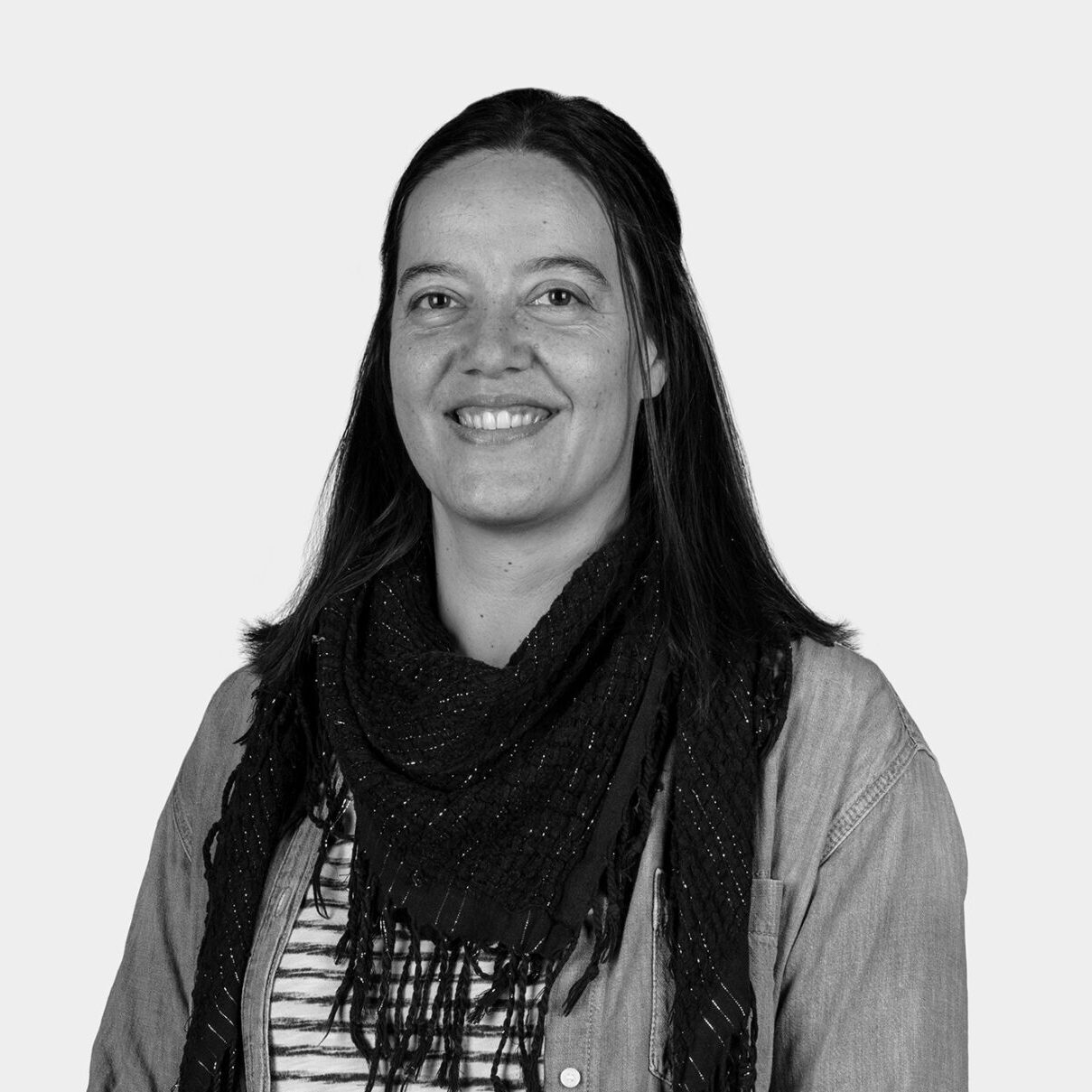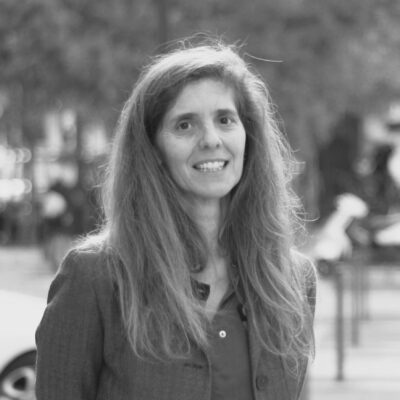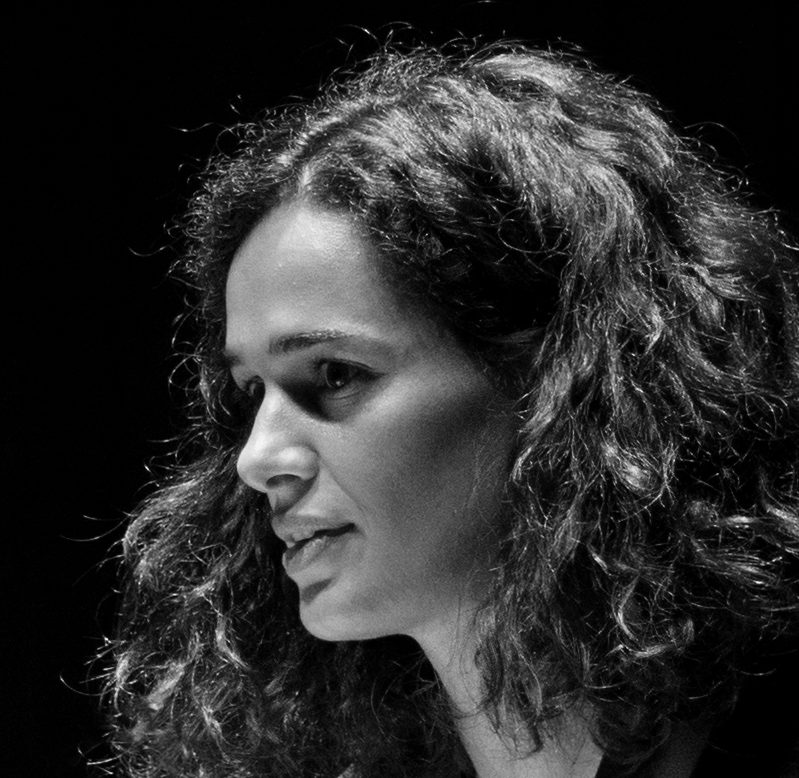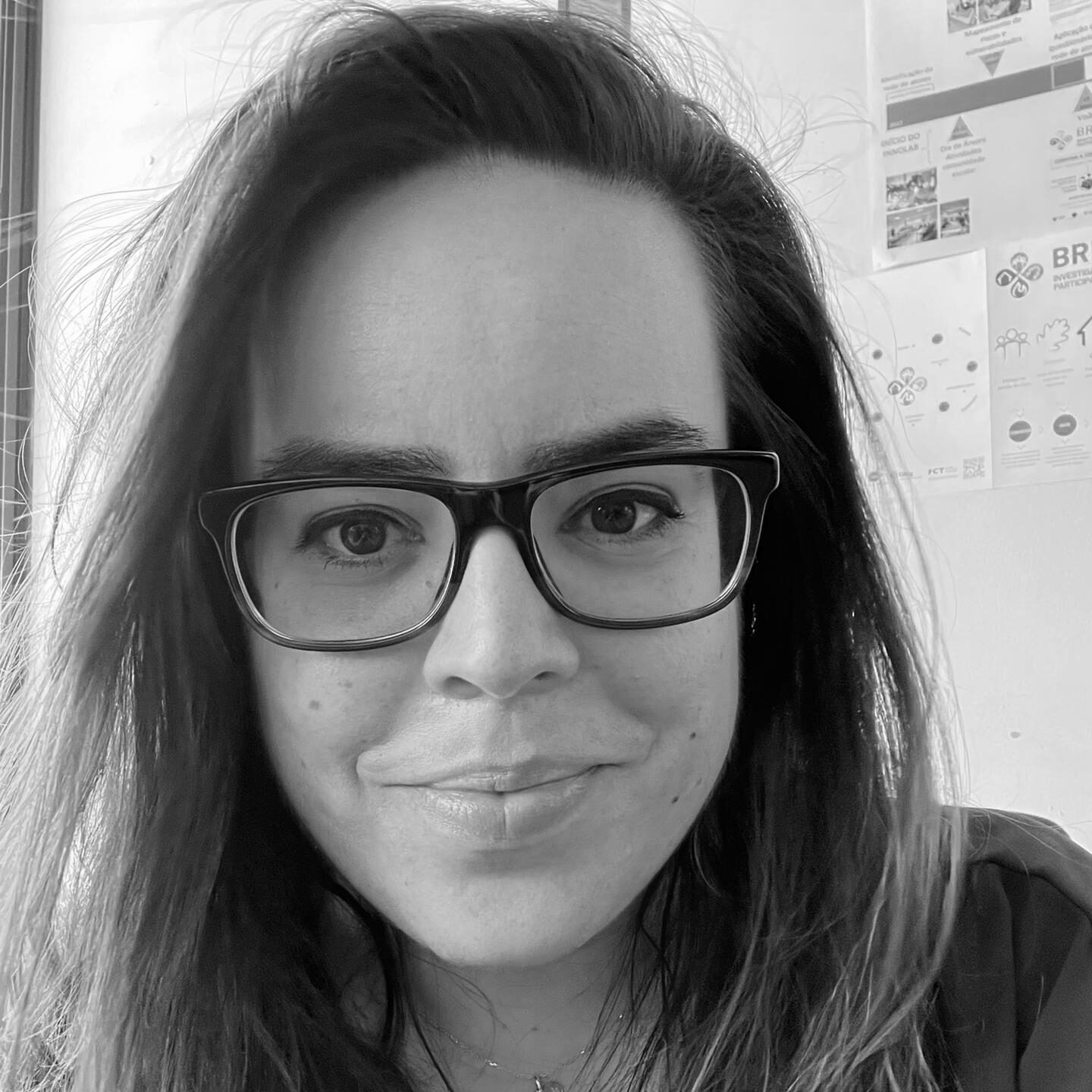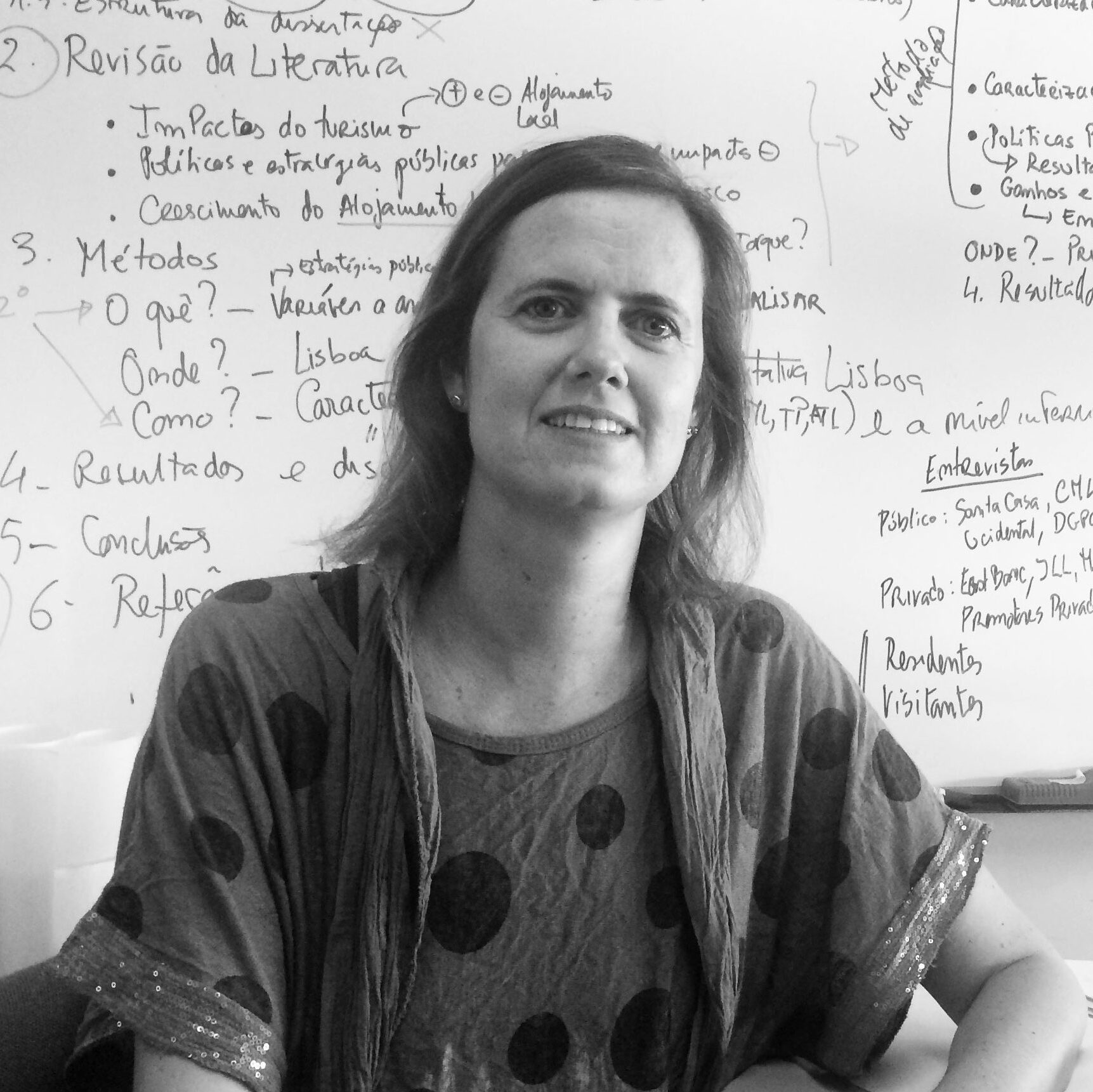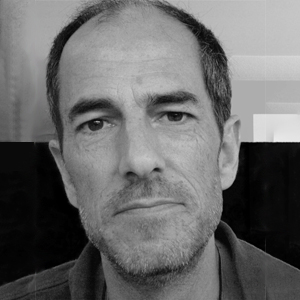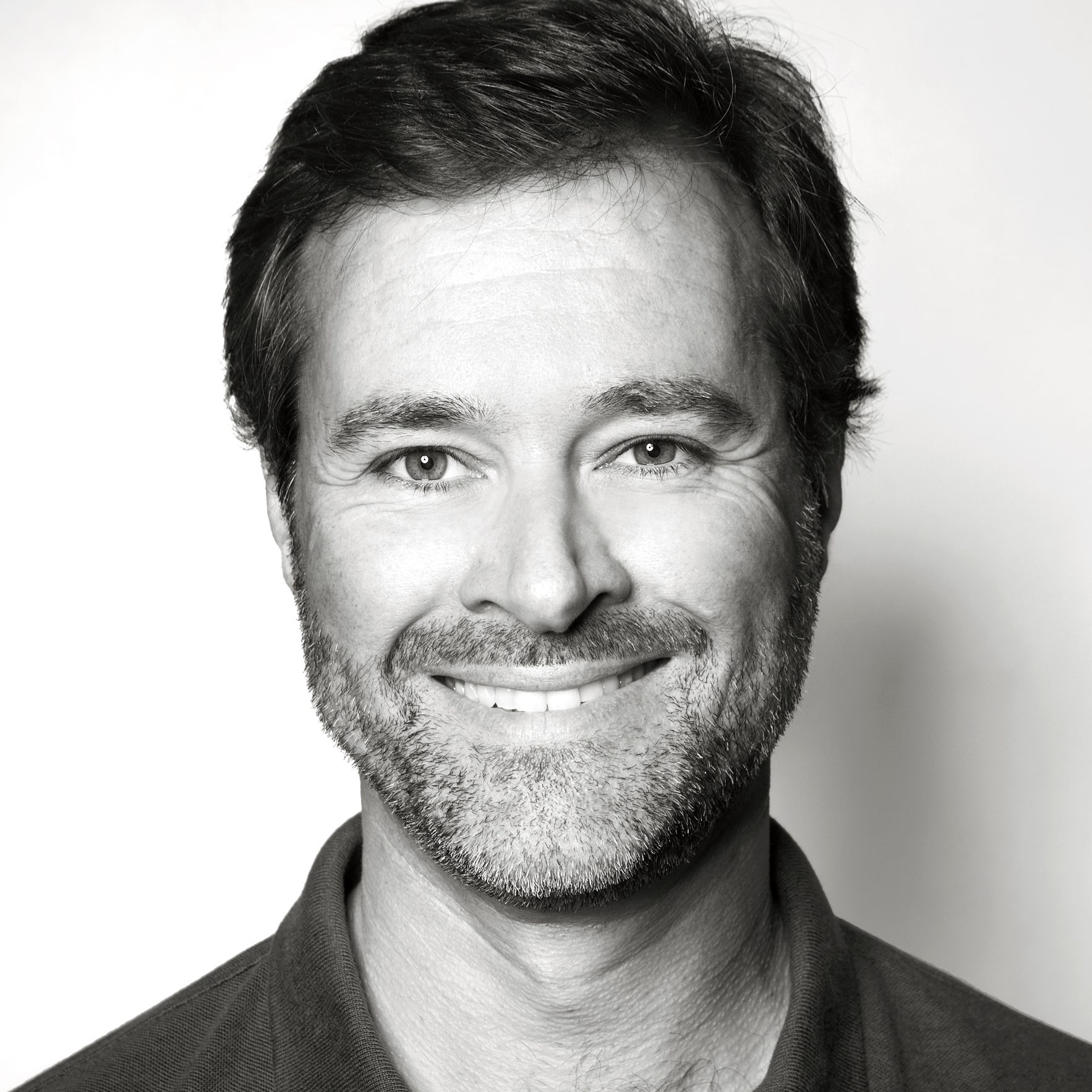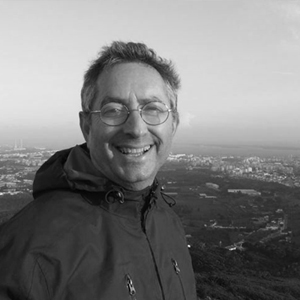FUNDING > INSTITUTIONAL FUNDING
RMB - Reuse of modernist buildings
Also appears in: Concluded, Institutional Funding, International
RMB is focused on the refurbishment of the existing housing stock, as well as conversion from other building typologies such as warehouses, offices and public building with special focus on the post WW2 modern era.
The goal is to initiate an educational framework of common definitions, approaches and methodologies on a European level, based on existing research, educational practices and reference projects in the program countries and associated states. The follow up is a Joint Master program on reuse, offered by a consortium of five European universities.
Project Partners: HS OWL, Detmold School for Architecture and Interior Architecture – Germany (Applicant); ITU, Department of Architecture –Turkey ULisboa, Instituto Superior Técnico –Portugal; Universidade de Coimbra, Faculty of Science and Technology – Portugal; University of Antwerp, Faculty of Design Sciences –Belgium; DOCOMOMO International –Portugal and associate partner ´the energy and resources institute´ (TERI) – New Dehli, India.
To know more about this project access here.
Project Duration: September 2016 – September 2019
Funding Institution: Erasmus Mundus
SPHERA – Supporting the Professionalisation of Health Engineering studies and Related areas in Asia
Also appears in: Concluded, Institutional Funding, International
The aim of the SPHERA Erasmus + proposal is to facilitate interdisciplinary studies in health engineering and related areas with a focus on improving existing conditions and in-depth knowledge of how to use medical equipment, deliver effective modern sanitation and other public health interventions in urban and rural areas in low-income and transitional economies. The project will build as well capacities that may reduce disaster risks and contribute to better and more targeted public health based relief following disasters. Through the creation of multidisciplinary postgraduate programs in Nepal and Uzbekistan, following the Bologna model (competence-based approach, learning outcomes and compatible with ECTS), the structure of the programs will lead to comparable degrees that will allow mutual recognition and increased students and teaching staff mobility. The partner Universities will be assisted by the EU Institutions to achieve this goal. A series of compulsory modules will develop teachers’ and students’ knowledge and skills in a range of areas.
They will able to gain an understanding of the wider issues surrounding public health and how they impact on policy and practice. The ultimate goal of the project is to prepare a new generation of specialist engineers and technicians who will have major positive effects in both the health technology industry sector and the public health system through the appropriate management of emergency situations and safe use of medical technology.
Project Duration: October 2016 – May 2020
Funding Institution: Erasmus+
Project Reference: 573909-EPP-1-201-ES-EPPKA2-CBHE-JP
ROBUST – Rural-Urban Outlooks: Unlocking Synergies
Also appears in: Concluded, Institutional Funding, International, Landscape
This is an H2020 funded project with the duration of 4 years starting in 2017. The aim of the project is to challenge the dichotomy of urban and rural spaces where urban is associated to innovation and consumption while the countryside remains a place for food production, nature conservation and recreation. As the stereotype holds the differences are blurring. This project aims to understand what are communalities and conflicts in order to move forwards in bringing out synergies and new development models. The partnership includes the following institutions: Aberystwyth University (UK), Baltic Studies Centre (Latvia), ICLEI – Local Governments for Sustainability, European Secretariat (Germany), Natural Resources Institute Finland (Finland), OIKOS – Development Consulting (Slovenia), Peri-Urban Regions Platform Europe (Belgium), Policy Research Consultancy (Germany), University of Gloucestershire – Countryside and Community Research Institute (UK), University of Lisbon – Instituto Superior Técnico (Portugal), University of Pisa (Italy), University of Valencia (Spain), Wageningen University (The Netherlands) and Federal Institute for Mountainous and Less-Favoured Areas (Austria).
The participation in this project links into the findings of the PERIURBAN project lead by IST/CERIS and into the work developed in the context of COLEGIO F3 of the University of Lisbon.
To know more about this project access here.
Project Duration: June 2017 – November 2021
Funding Institution: Horizon 2020
Project Reference: 10.3030/727988
STREETS4ALL - Allocating road space dynamically over time – hours, days and seasons.
Also appears in: Institutional Funding, National, Ongoing
STREETS4ALL is a project funded by Fundação para a Ciência e Tecnologia (FCT) led by the Instituto Superior Técnico – University of Lisbon and the University of Coimbra (Project Ref. PTDC/ECI-TRA/3120/2021). The project aims to evaluate how to allocate road space dynamically over time according to multi-modal and multi-functional street uses. Urban space is often underutilized. Traditional designs plan the road network to support maximum demand. While in peak hours, streets can be saturated, in non-peak hours, space is often idling.This space has been inequitably preferring motorized modes, in particular cars. Today, many cities target the UN’s Sustainable Development Goals by favoring people-centric planning after decades of car-centered planning.
The objective of the project includes proposing methodologies for site selection of equitable allocation of space, street design and technological solutions that can adapt its function and use equitably for all modes over time, according to some periodicity (e.g., an hour, few hours, or days) and at pre-timed periods (e.g., peak or off-peak, day or night time).
You can access the website of the project by clicking here.
Project Duration: January 2022 – January 2025
Funding Institution: FCT
Project Reference: PTDC/ECI-TRA/3120/2021
CUCA_Re – Healthcare facilities: strategies for the future of cure and care
Also appears in: Concluded, Institutional Funding, National
The goal is to study healthcare buildings from 20th century and their role in the welfare society policy, approaching future challenges driven by the developments in technology and medicine, and the need to assure a sustainable built environment (ToKiKi14). Responding to health necessities, health care buildings are a guarantee of civilization. Subject to permanent alterations, in the context of the society transformations, these buildings will be transformed, deactivated or even demolish in a near future. In the last 50 years poverty and famine have declined whereas healthcare, education and emancipation have improved significantly worldwide. All this was possible due to modernity’s devotion to innovations in science and technology. Yet this striking progress has created incredibly damaging effects as well. The effort to renew the world with pre-existing structures goes against the devotion to the constant new, which is still dominating our behavior. The relevance has to do with the developing of a meaningful knowledge for a responsible practice of planning and design addressing environment and cultural sustainable concerns. It will be a significant contribution to knowledge in the healthcare buildings and its rehabilitation, as it concentrates on both the survey of the existing building types and the development of a technological Know-How as well as considering conservation and rehabilitation strategies.
This project has 8 national partners.
Project Duration: February 2017 – December 2020
Funding Institution: FCT
Project Reference: PTDC/AUR-AQI/2577/2014
BRIDGE - Bridging science and local communities for wildfire risk reduction
Also appears in: Concluded, Governance Outcomes, Institutional Funding, National, Research & Development
BRIDGE is an action-research project aimed at developing an approach to integrate different forms of knowledge and action in order to reduce wildifre risk. Local populations are not mere repositories of information from generalist information campaigns. Rather, they hold experiential knowledge that should be crosschecked with scientific information for a more detailed risk assessment. In the action plan, rural fire risk mitigation measures need to be incorporated into local governance logics and the daily routines of forest users.
At the methodological level, the development of this integrated approach will be implemented through a participatory-action research (PAR) applied to a specific territory, Monchique region. Participatory action research is understood as a process by which science and scientists, regional and local governance agencies, decision-makers and public officials, communities and local leaders cooperate with the dual objective of: i) assessing the vulnerabilities and resources of their territory; and ii) identifying the various risk reduction alternatives. This local involvement is a way to build knowledge with the community, raise wildfire risk awareness and foster a more enduring commitment with wildfire risk reduction policy. BRIDGE’s
participatory action research will be applied to a pre-selected pilot-area, Monchique region, and will comprise two major moments: one of participatory socio-territorial diagnosis and a local capacity-building process embodied in the form of a collaborative laboratory. The activities developed in the collaborative laboratory of BRIDGE (Innovation Lab for CBDRR) will be materialized through the adoption of collaborative methodologies, namely the participatory mapping. The involvement between local communities, local/regional technicians and scientists will occur through the construction of a local scaled map where relevant elements for wildfire risk management, such as socio-ecological vulnerabilities, local resources and capacities, will be identified. This map will subsequently be adapted to digital format so that it can be used for other purposes, such as spatial planning and wider public awareness.The development of BRIDGE will be ensured by a consortium of three institutions, respectively the Instituto Superior Técnico (IST), coordinator of the project, the Laboratório Nacional de Engenharia Civil (LNEC), and the University of Algarve (UAlg).
To know more about this project access here.
Project Duration: March 2021 – March 2024
Funding Institution: FCT
Project Reference: PCIF/AGT/0072/2019
SIZA baroque
Also appears in: Concluded, Institutional Funding, National
“Siza Baroque” is a research project that aims to highlight the relationship between the idea of Baroque and the work of Álvaro Siza.
The aim of this project is precisely to test this interpretative possibility which, in our opinion, will bring considerable knowledge gains in understanding: Siza’s design method, his journey over time, the metamorphosis of his work over that time and the metamorphosis of his projects themselves. Aware that placing the idea of the Baroque and Álvaro Siza’s architecture side by side will also bring gains in knowledge in terms of revealing what the Baroque really is, we also believe that the planned research will be a particularly fruitful opportunity to understand more and better what has been described, with a certain reluctance on the part of the author, as “Siza’s genius”. Unfolding – in the manner of Deleuze – Siza’s architectural work and endeavouring first to observe it and then to show it through a Baroque lens is the first and last objective of the proposed research.
The propose is to verify the presence of Baroque ideas and ideals in Siza (i.e. in his work, or rather in his work as a testimony to his thinking about architecture and the world in which it is inscribed), to the point where Siza may be closer to Borromini than to the so-called architecture of our time, without this condition of antiquity and distance making it inappropriate for our time; on the contrary, it shows how Siza’s is an architecture without time.
You can access the website of the project here.
Project Duration: September 2021 – September 2024
Funding Institution: FCT
Project Reference: SIZA/CPT/0021/2019
TRUST – social innovation sTRategies for sUSTainability transitions
Also appears in: Concluded, Institutional Funding, National, Research & Development
The overall objective of TRUST is to explore the enabling conditions for sustainability transition(ST) initiatives, the extent to which such transitions support social innovation (SI) and the role of SI in generating transformative change, through actors’ networks and agents of change. The key research ideas build on ongoing research projects that explore the transformative potential of ST(eg TRANSIT,ARTS,GUST,TESS,SINGOCOM or TURAS). Social learning and innovation are important factors in transformative process for building social-ecological resilience [WeAn10],[West13]. In TRUST focus is on ST initiatives, supported by SI, that drive transformative change in social-ecological systems(SES). The long-term target is to contribute to create locally based networks for ST and SI strategies to enable change in approaches, routines, practices and mind-sets to create transformation for sustainable driven societies.
The participants os TRUST are Instituto Superior Técnio, Universidade de Aveiro e Universidade de Évora.
To know more about this project access here.
Project Duration: September 2018 – May 2022
Funding Institution: FCT
Project Reference: PTDC/GES-AMB/28591/2017
Lx LAB: Monitoring tourism for a sustainable development of historic centers
Also appears in: Concluded, Institutional Funding
Lx LAB project raised up due to the importance of monitoring as a process of evaluation in continuum in the validation of strategies for the sustainable development of the city.
The project intents to understand how to structure a tool for evaluation (monitoring) in continuum the tourism and its impacts in the historical center of a city. The project has the following main goals:
1. Identification of the main urban, economic, environmental and social impacts of tourism in historic centers;
2. Identification of the main indicators for monitoring tourism and its impacts in historic centers;
3. Clarification of the purpose of monitoring: Monitor for what? For whom? Who is monitoring?
4. Identification of the necessary information for the monitoring of tourism and its impacts; characterization of the type of information, data existence and its suitability; identification of the methods and entities (current and potential) responsible for its production and updating.
5. Identification of solutions that allow in continuum evaluation of tourism and its impacts on historic centers in their different dimensions (urban, economic, environmental and social) and the availability of information to the society.
It is needed an integrated long-term planning and management approach to maximize positive impacts and minimize the negative impacts of tourism, faced with a recurrent reality defined by the development of public policies almost exclusively reactive.
Thus, it is intended to understand how an in continuum evaluation tool can be structured to contribute to the monitoring of tourism and its impacts in the historical center of a city. For this purpose, the historical Alfama’s neighborhood, in the center of Lisbon, was selected as case study.
It is assumed that this monitoring tool should be managed by the local authority, to effectively contribute to the definition of municipal policies that promote sustainable development of the city. On the other hand, it is intended that this tool encourages the participation of citizens, namely in updating the information, taking advantage in some cases of applications running on mobile devices.
Funding: Ceris/IST
Duration: 2018
Tur&Bairros. Tourism and transformation dynamics in historical neighbourhoods: the case of Alfama in Lisbon
Also appears in: Concluded, Institutional Funding
The strong relationship between tourism growth and urban rehabilitation in historic centres has led to a development of research’s focused on assessing the impacts of tourism on urban regeneration, particularly at the level of the economic and social components. However, the study of the consequences that the growth of tourism has on the built-up, as well as the integrated analysis between the intervention in the built-up and the dynamics of the housing market and demographic are small.
It is in this context that this research is developed, whose objective is to understand the dynamics of transformation at the level of land use, building, real estate market and population in a historical neighbourhood. For this purpose, the Alfama neighbourhood was selected in Lisbon.
It is also objective of this research project to analyse the context in which these transformations occurred, that is, what effects the public policies of territorial planning, tourism, urban rehabilitation and housing had on the physical changes of the neighbourhood and if its objectives were achieved.
(Funded by “Ações Exploratórias Transversais, CERIS 2017”; Instituto Superior Técnico, CERIS– Centro de Engenharia Civil, Investigação e Inovação para a Sustentabilidade).
Funding: Ceris/IST
Duration: 2017-2018

